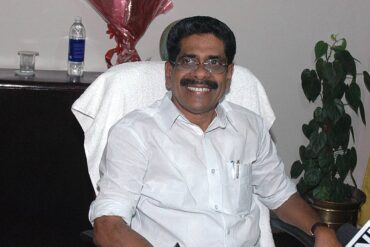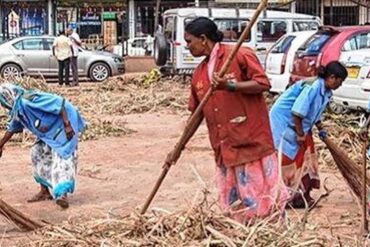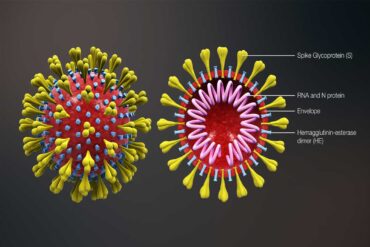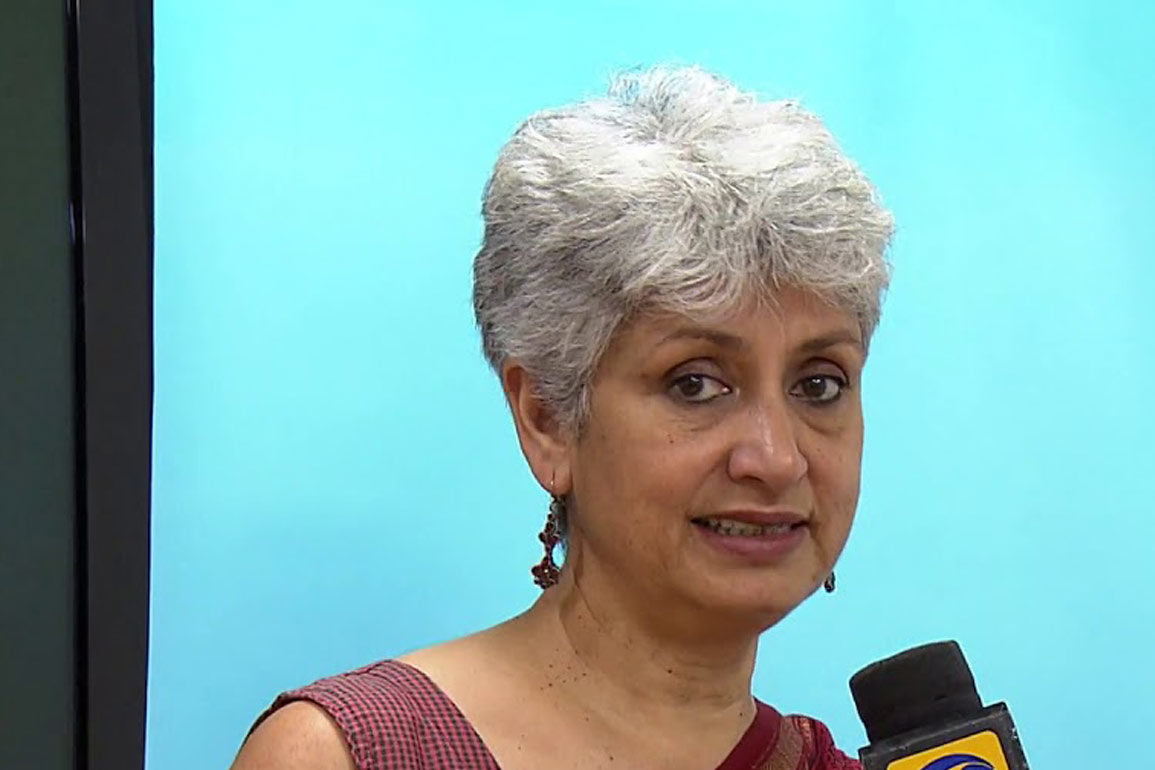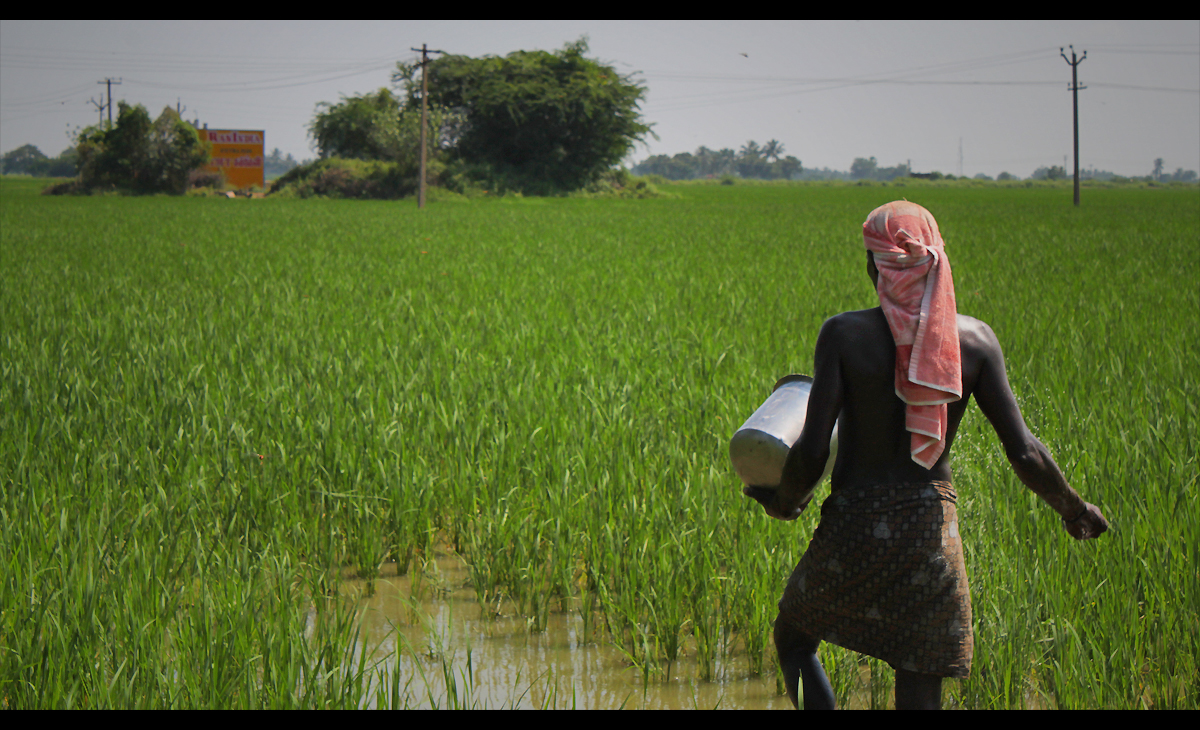Dr Yasmin Ali Haque, country head, UNICEF India and a medical doctor by profession, speaks to The Kochi Post on the various activities of her agency during the COVID 19 pandemic. She says that her organization is concerned not only with the health issues of children but also about their physical and mental wellbeing—health issues developing into child rights issues.
Q: What are the major activities of the UNICEF during the fight against the dreaded COVID in India
A: UNICEF is supporting the Government of India in its response towards the containment of Covid-19 in the country. It is active in 13 field offices across 17 states and supports the health sector in 23 states.
With an experienced team of experts in sectors such as health, nutrition, water and sanitation, education, child protection, communication, behaviour change and social policy, UNICEF also brings in national and international experience of preparing and responding to various other emergencies such as measles, cholera, Zika, Acute Encephalitis Syndrome and floods, among others in the context of India.
Together with WHO and other UN partners we support the Government of India for a joint coordinated action. Our emphasis is on reducing the impact of the disease on the most vulnerable women and children and ensuring that essential services for women and children are accessible during and after the pandemic, and that children are protected and their rights fulfilled.
Q: Has the pandemic disrupted the routine activities of the UNICEF in the country?
A: UNICEF has a long history of responding to emergencies and working in humanitarian contexts, both natural and man-made. Humanitarian action is central to UNICEF’s mandate and realizing the rights of every child, even in an emergency situation is what guides our core commitments for children in humanitarian action.
Q: Are you focusing more in providing awareness or is in the prevention mode?
A: Our primarily focus is towards supporting coordinated actions for the preparedness, containment and mitigation of the outbreak. The escalation of COVID-19 cases both globally and in India, and measures taken for its containment have transformed the pandemic from a pure health emergency into a broader and much more complex phenomenon with a larger social, economic impact. In this context, UNICEF has progressively adopted a multi-sectoral approach to the issue, ensuring that women and children’s rights are protected.
We are both working on public awareness and behavior change, and also in support of public health measures (contact tracing, testing, isolation etc) as well as in health system preparedness (PPE equipment, hospital assessments, staff training etc).
We are working closely with governments both national and in states in developing the messages, orientations and building capacities. For instance, UNICEF recently developed a toolkit for frontline functionaries and supported the government to train frontline functionaries such as Anganwadi workers, ANMs and ASHAs reaching almost 2.5 million to ensure the COVID response and messaging is consistent across the states. We also supported the government to orient more than 16,000 child protection functionaries on protection of children during the pandemic.
Q: What are the activities being carried out in Kerala at present
A: UNICEF is committed to supporting the state government in Kerala in its Covid response, through its sectoral programmes. We are supporting it through the Gulati Institute of Public Finance and Taxation, Triuvananthapuram with a socio-economic response plan to Covid-19. This study was initiated at the request of the honorable chief minister of Kerala.
Building mass awareness is initiated through a number of partnerships, such as engagement with the Kerala State Disaster Management Authority for generating awareness about Covid-19 in panchayats. We are partnering with the Kudumbashree Mission to support risk communications, feedback and counselling to more than 100,000 elderly population through phone calls and community engagement, maintaining social distancing advisory.
Young people and adolescents are supported through the partnership with Our Responsibility for Children and Kerala Police. UNICEF is also part of the state levelcampaign #BreakChainMakeChange. During this emergency children are the most vulnerable and risk becoming victims of violence, abuse and exploitation. Their protection needs from physical and sexual abuse is paramount. We have partnered with ChildLine Foundation and social justice department to track abuse of children during the lockdown. Messages on ways to prevent abuse of children during emergency, parenting skills, ways to meaningfully engage with the children are being disseminated.
With schools closed over this long period of time, it is critical that children continue to learn. UNICEF is supporting the state education department to develop a Covid response plan and strategies for continuity of learning, in broad alignment with the Government’s ongoing education rejuvenation mission. An example is the support to introduce innovative pedagogical methods that blend use of online resources and classroom practices for integrating life skill education at secondary education.
As journalists are out reporting in the field, risking their lives to report correct information, UNICEF along with the Information and Public Relations Department, has developed safety guidelines for journalists covering Covid stories from the field, which are being disseminated.
Q: Is the travel embargo and related hindrance in mobility owing to the lockdown creating bottlenecks to your activities?
A: UNICEF understands the importance of the lockdown in the context of the fast spreading pandemic. We are fully functional despite the restrictions and like many others are getting well versed with the requirements and tools for remote working.
Q: Do you have any specific message on Covid prevention?
A: From the perspective of a child rights organization, we are concerned by the potential impact of the disease on children. Not just the health impact, which is very important, but children are also facing the secondary impact of the disease that affects their mental, physical well-being, learning and protection. Our actions are geared towards preventing a health crisis to also become a child rights crisis.
Children need to continue learning otherwise there is a danger of many falling out of school, post the pandemic. UNICEF advocates for continuous education to scale up home learning options, including no-tech and low-tech solutions, and prioritize Internet connectivity in remote and rural areas. With increasing disruptions and stress in families and communities, protection of children from violence and abuse is important for their psychological well-being.
Cover Image: Screen grab courtesy Doordarshan TV

